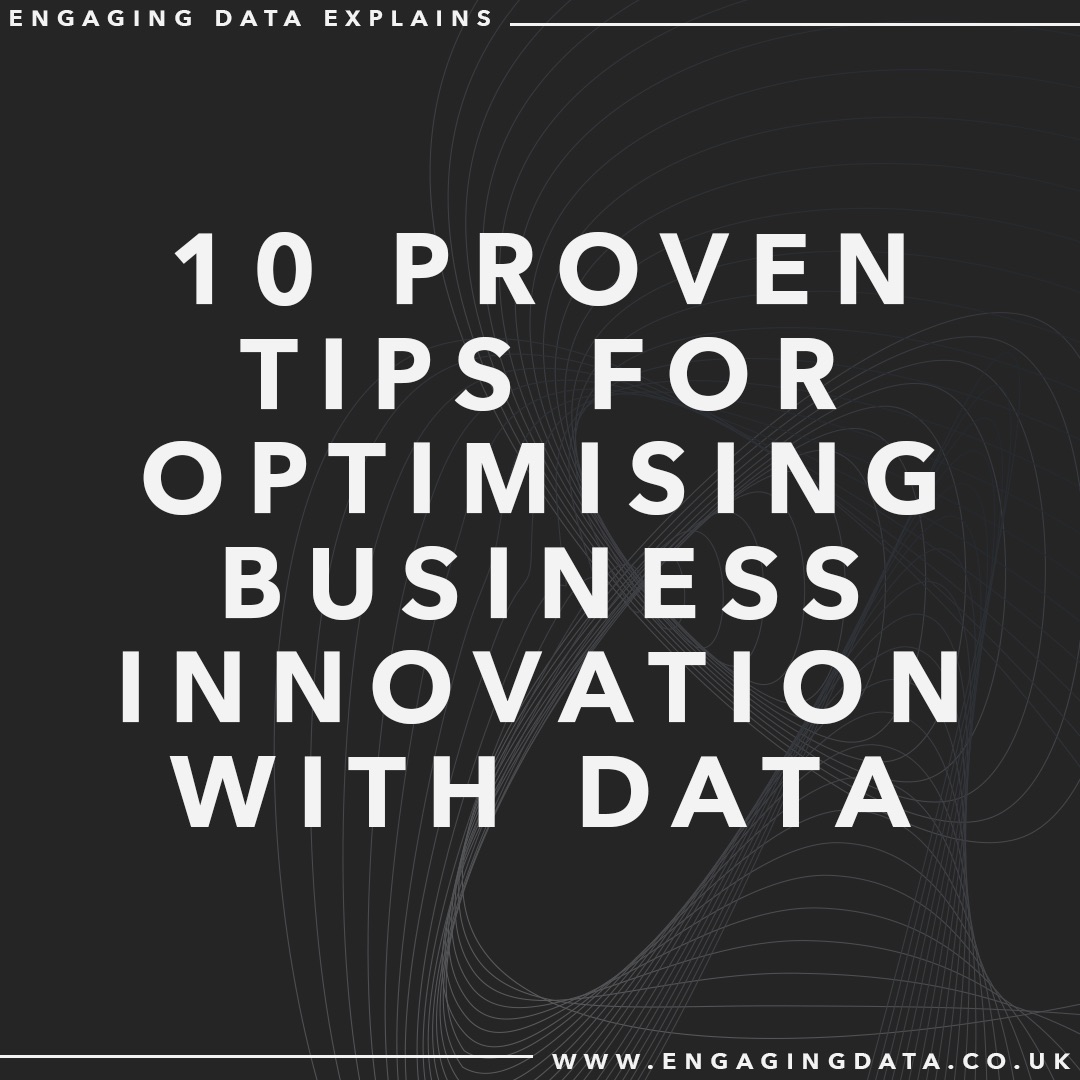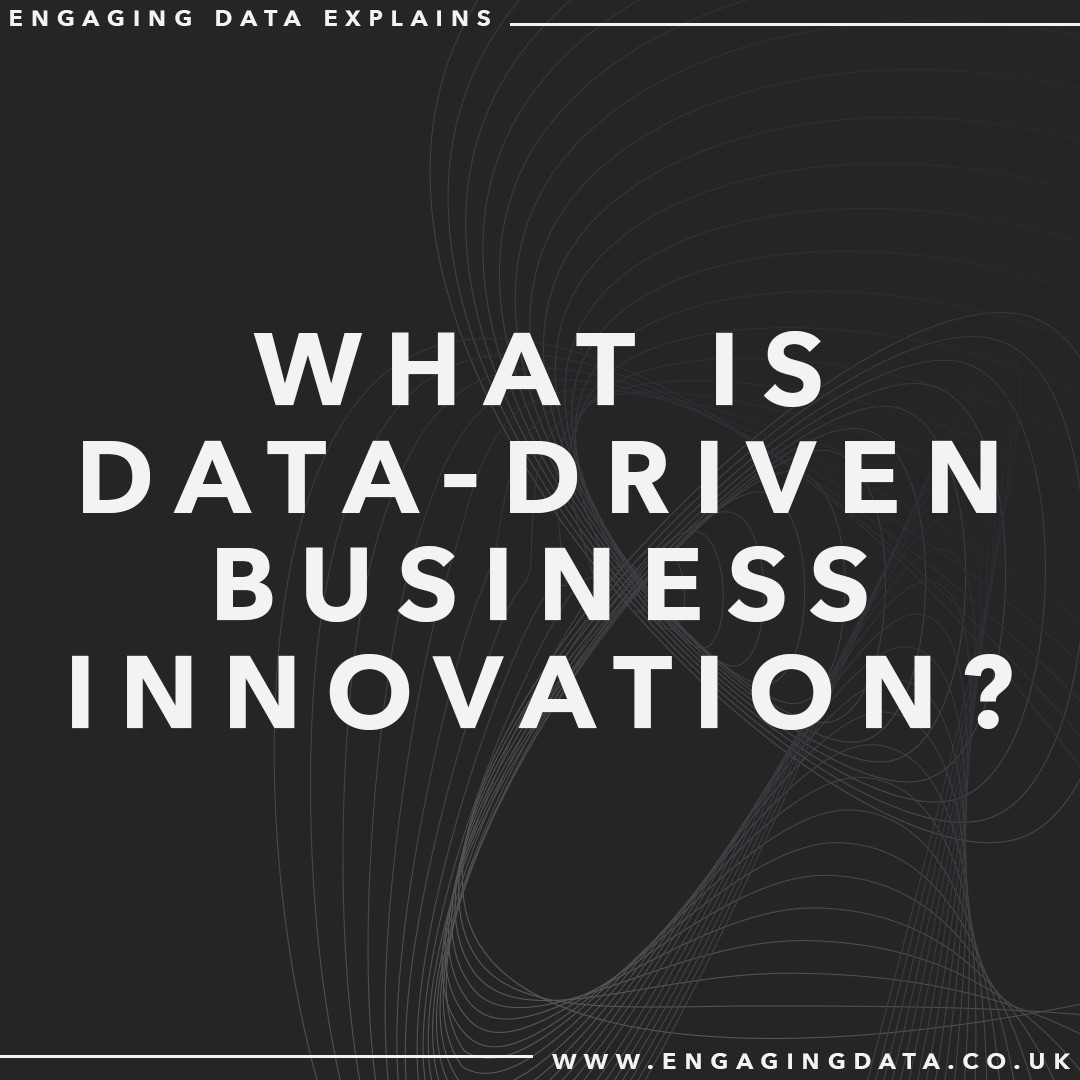How Data-Driven Business Innovation Drives Sustainable Growth
Businesses that fail to leverage data effectively risk falling behind in the marketplace.
With the increasing market competition and evolving customer expectations, companies must find ways to operate more efficiently, optimise resources, and make smarter, faster decisions.
Yet, many organisations struggle with fragmented data, inefficient processes, and outdated decision-making methods.
Without a clear strategy for data use, businesses miss valuable insights that could drive growth and reduce costs.
Data-driven business innovation transforms these challenges into opportunities– helping organisations improve decision-making, enhance efficiency, and build long-term resilience.
The Role of Data-Driven Innovation in Business Success
Innovation is no longer just about launching new products or services; it’s more about the internal processes, and how businesses use data to gain a competitive edge.
Companies that successfully embrace data-driven innovation can:
- Improve Efficiency: Automation data processes eliminate bottlenecks, streamline operations, and reduce manual effort
- Enhances Customer Experiences: Data insights help create personalised experiences and predict customer needs.
- Reduce Costs: Real-time analytics optimise resource allocation, preventing waste and inefficiencies.
- Drive Sustainable Growth: Leveraging data ensures long-term resilience, adaptability, and business success.
Organisations that fail to integrate data-driven decision-making into their strategies risk higher operational costs, missed growth opportunities, and reduced market relevance.
Discover how data-driven business innovation is transforming businesses.
Check out this blog post!

Data-Driven Business Innovation Success Story
Many organisations struggle to turn their vast amounts of data into meaningful, actionable insights.
One client of ours, a financial services company, faced this exact challenge.
Data was scattered across different systems, lacked governance, and it was difficult to access for decision-making. Employees relied heavily on IT teams for reports, slowing down operations and reducing agility.
These inefficiencies increased operational costs and limited the company’s ability to innovate.
We partnered with their leadership team to develop a data strategy that transformed their approach. We focussed on three key areas to drive innovation.
Establish Data Governance and Ownership
The first step was creating a data governance framework to define ownership.
By ensuring data was structured, secure, and accessible, our client could eliminate inconsistencies and compliance risks while improving trust in decision-making.
Empowering Teams with Self-Service Analytics
Instead of relying on IT teams for every report, we implemented a self-service analytics platform using Power BI.
This gave business users direct access to real-time analytics, enabling them to make faster, data-driven decisions without unnecessary delays.
Upskilling the Workforce
Technology is only part of the solution – people need to understand how to use data effectively.
We provided targeted training sessions to ensure teams could confidently leverage analytics tools, making data-driven decision-making a core part of daily operations.
The Results: Cost Reduction and Greater Business Agility.
The impact of this data-driven innovation was significant:
- Operational costs steadily declined as teams optimised workflows and improved efficiency.
- Employees became more autonomous, reducing bottlenecks and dependence on IT.
- The organisation became more agile, adapting quickly to market changes with real-time data insights.
Overall, this innovation highlights how structured data strategies and the right tools can turn untapped, or misused, data into a competitive advantage – driving efficiency, cost savings, and sustainable business growth.
Want some real-world innovation examples?
Read our case studies and learn how we delivered innovation and transformed organisations by using data-driven initatives.
The Benefit of Data-Driven Innovation
Organisations that integrate data-driven innovation into their business strategies gain a powerful edge.
Key benefits include:
- Agility and Adaptability: Businesses can pivot quickly based on real-time insights and market shifts.
- Cost Reduction: Optimised processes and smarter resource allocation lead to significant cost savings.
- Competitive Differentiation: Companies that leverage data effectively outperform competitors in efficiency and innovation.
- Sustainability and Compliance: Transparent data management supports ESG goals and regulatory compliance.
Without a clear data strategy, companies risk wasting valuable resources, struggling with inefficiencies, and missing growth opportunities.
Want to know more benefits of data-driven innovation?
Check out this blog post!

Our Final Thoughts…
Data is one of the most valuable assets a business can have – but only if it is used effectively.
By embracing data-driven business innovation, your organisation can improve efficiency, reduce costs, and drive sustainable growth.
The businesses that succeed in the future will be those that make data a core driver of their strategy today.
